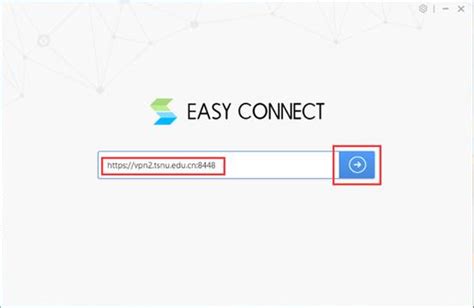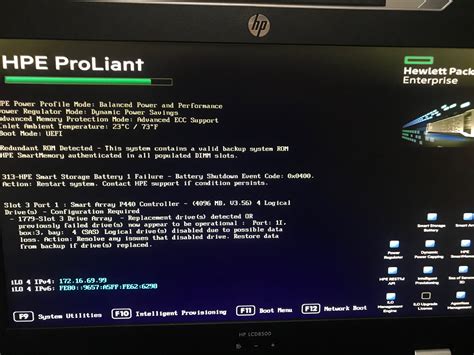5 MPLS Uses

Multiprotocol Label Switching (MPLS) has emerged as a versatile and efficient technology for managing network traffic, ensuring reliable connectivity, and enhancing overall network performance. By understanding the core principles of MPLS, which involve labeling packets to efficiently route them through a network, it becomes clear how this technology can be applied across various industries and applications. Here are five key uses of MPLS, showcasing its adaptability and the benefits it brings to different networking needs:
1. Enhanced Network Reliability and Performance
One of the primary uses of MPLS is to ensure network reliability and improve performance. By enabling traffic engineering, MPLS allows network administrators to specify the path that network traffic will take, ensuring that critical traffic is prioritized and that network congestion is minimized. This capability is particularly valuable in environments where constant connectivity is crucial, such as financial institutions, healthcare providers, and online service platforms. The reliability and performance enhancements provided by MPLS help these organizations maintain high standards of service and minimize downtime, which is essential for their operations.
2. Quality of Service (QoS) and Traffic Prioritization
MPLS is widely used for implementing Quality of Service (QoS) policies within networks. By assigning different labels to different types of traffic, MPLS enables the prioritization of critical applications and services. For example, in a corporate network, voice over IP (VoIP) and video conferencing traffic might be labeled to ensure they receive higher priority and bandwidth allocation compared to less critical traffic like email or file transfers. This capability ensures that mission-critical applications perform optimally, even under heavy network loads, which is vital for maintaining productivity and customer satisfaction.
3. Virtual Private Networks (VPNs) and Secure Connectivity
MPLS is a key technology in creating Virtual Private Networks (VPNs). It enables the establishment of secure, private connections between different sites over the public internet or a shared network infrastructure. By using MPLS VPNs, organizations can extend their network securely to remote locations, ensuring that all traffic between these locations remains confidential and integrity-protected. This is particularly beneficial for multinational corporations, government agencies, and any organization requiring secure communication between geographically dispersed sites. MPLS VPNs provide a cost-effective alternative to traditional WAN technologies, with the added benefit of enhanced security and privacy.
4. Network Simplification and Management
For organizations with complex network infrastructures, MPLS can simplify network management and reduce operational costs. By abstracting the underlying network complexity and presenting a more straightforward, layer 3 IP VPN service to the customer, MPLS makes it easier for organizations to manage their networks. This is especially true in environments with multiple protocols and traffic types. Furthermore, MPLS can help in reducing the number of network devices and connections needed, thereby simplifying the network architecture and decreasing the efforts required for maintenance and troubleshooting.
5. Future-Proofing and Adaptability
Lastly, MPLS offers a future-proof and adaptable network solution that can evolve with the changing demands of an organization. As technology and network requirements continue to evolve, MPLS networks can be easily modified and expanded without significant overhaul, ensuring that investments in network infrastructure remain relevant and effective over time. This adaptability makes MPLS a strategic choice for organizations planning for growth or anticipating changes in their IT and networking requirements. Whether it’s the integration of new services, the adoption of emerging technologies like 5G, or the expansion into new markets, MPLS provides a flexible foundation that can support a wide range of current and future networking needs.
In conclusion, MPLS offers a powerful set of capabilities that can address a wide range of networking challenges and requirements. From enhancing network reliability and performance, to providing secure and priority-based connectivity, MPLS stands out as a versatile and indispensable technology in the modern network landscape. As networking demands continue to evolve, the adaptability and efficiency of MPLS are poised to play a critical role in shaping the future of network infrastructure and connectivity solutions.
What is the main advantage of using MPLS for traffic management?
+The main advantage of using MPLS for traffic management is its ability to prioritize traffic, ensuring that critical applications receive the necessary bandwidth and reducing network congestion. This results in improved network reliability and performance.
How does MPLS contribute to network security?
+MPLS contributes to network security by enabling the creation of Virtual Private Networks (VPNs) that provide secure, private connections between different sites over public or shared network infrastructures. This ensures that all traffic between these locations remains confidential and integrity-protected.
What makes MPLS a future-proof networking solution?
+MPLS is considered a future-proof networking solution because it offers adaptability and flexibility. It can evolve with the changing demands of an organization, supporting the integration of new services, the adoption of emerging technologies, and expansion into new markets without requiring significant network overhaul.



